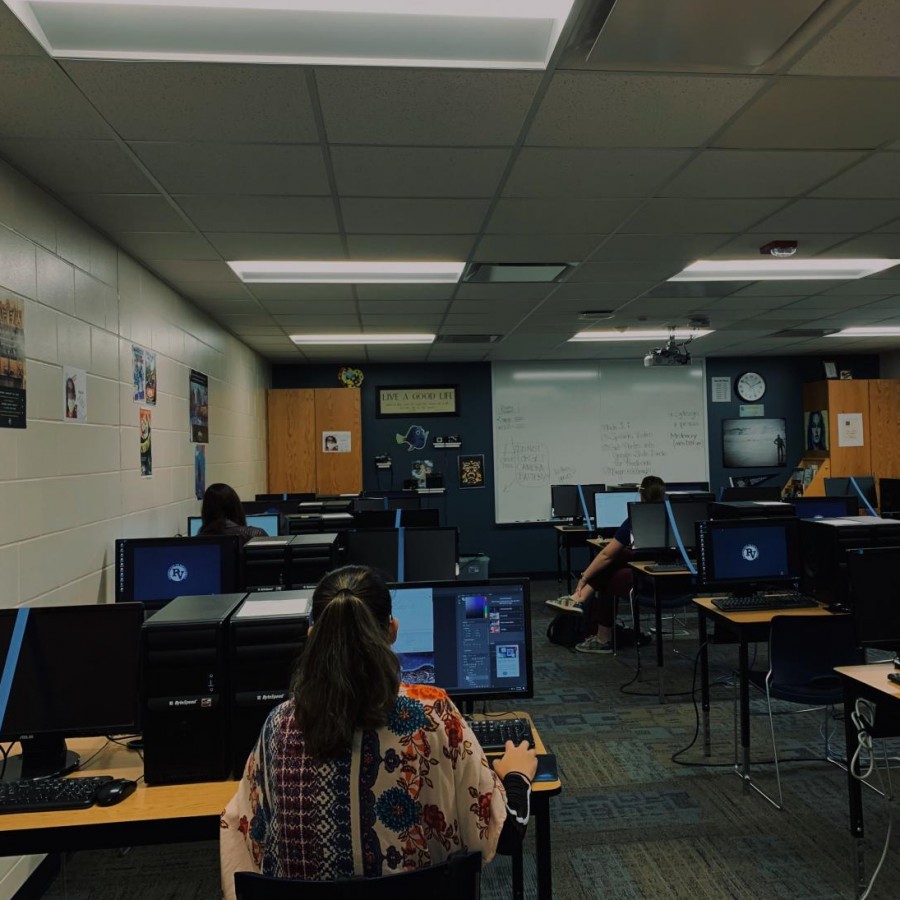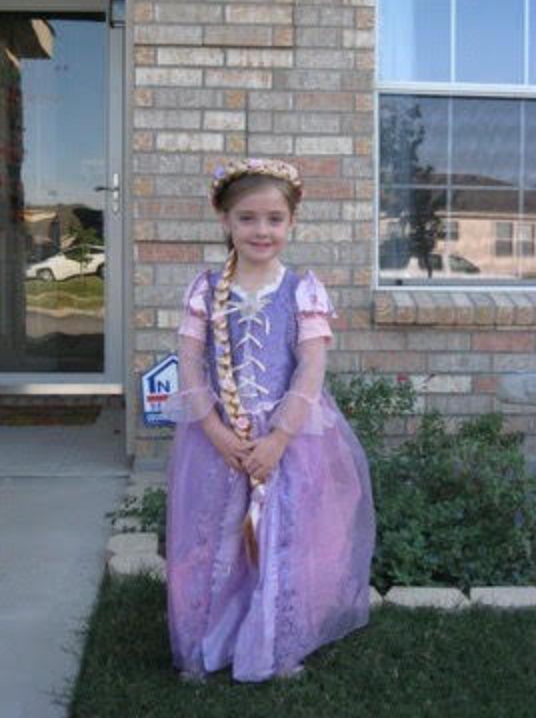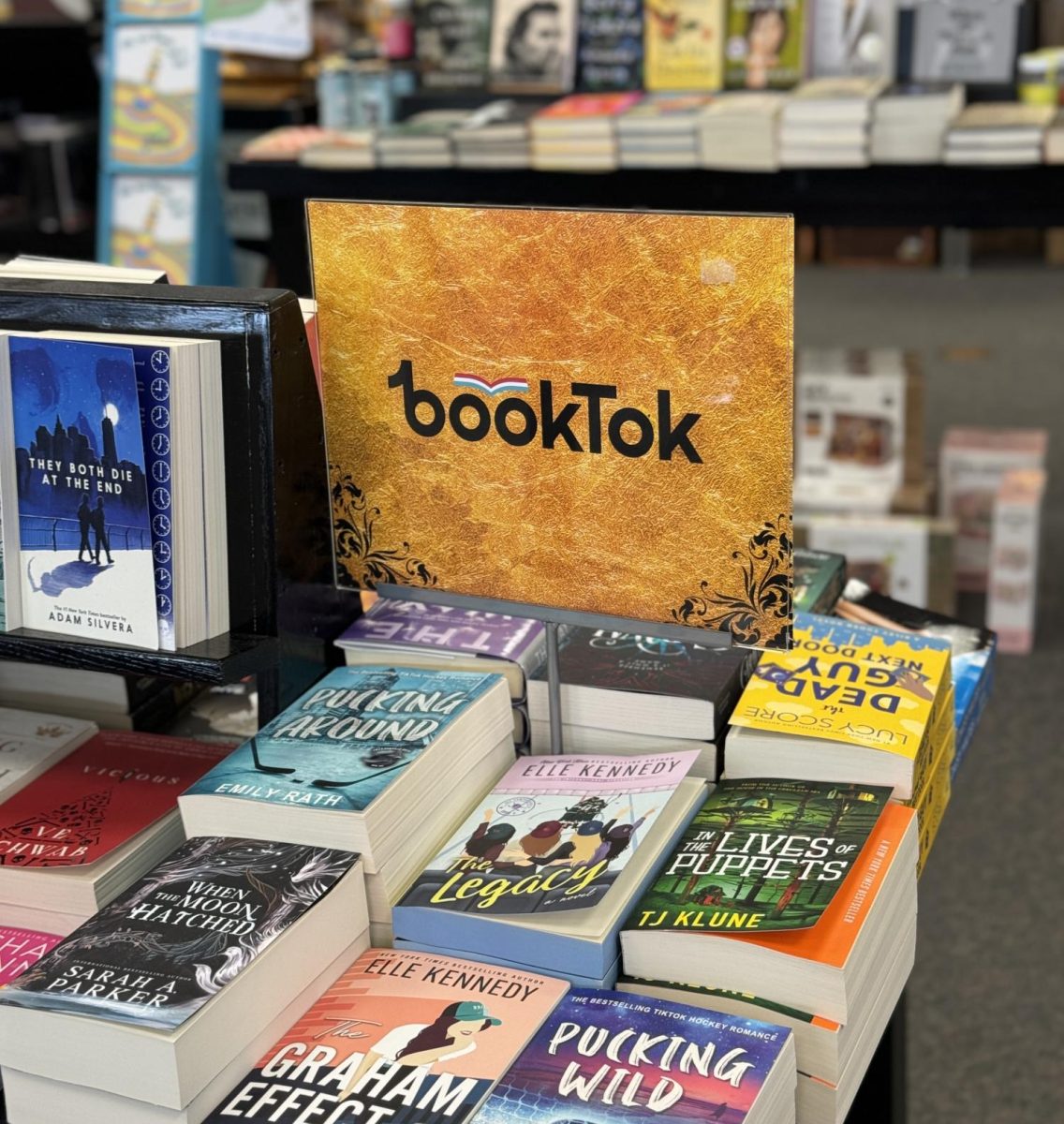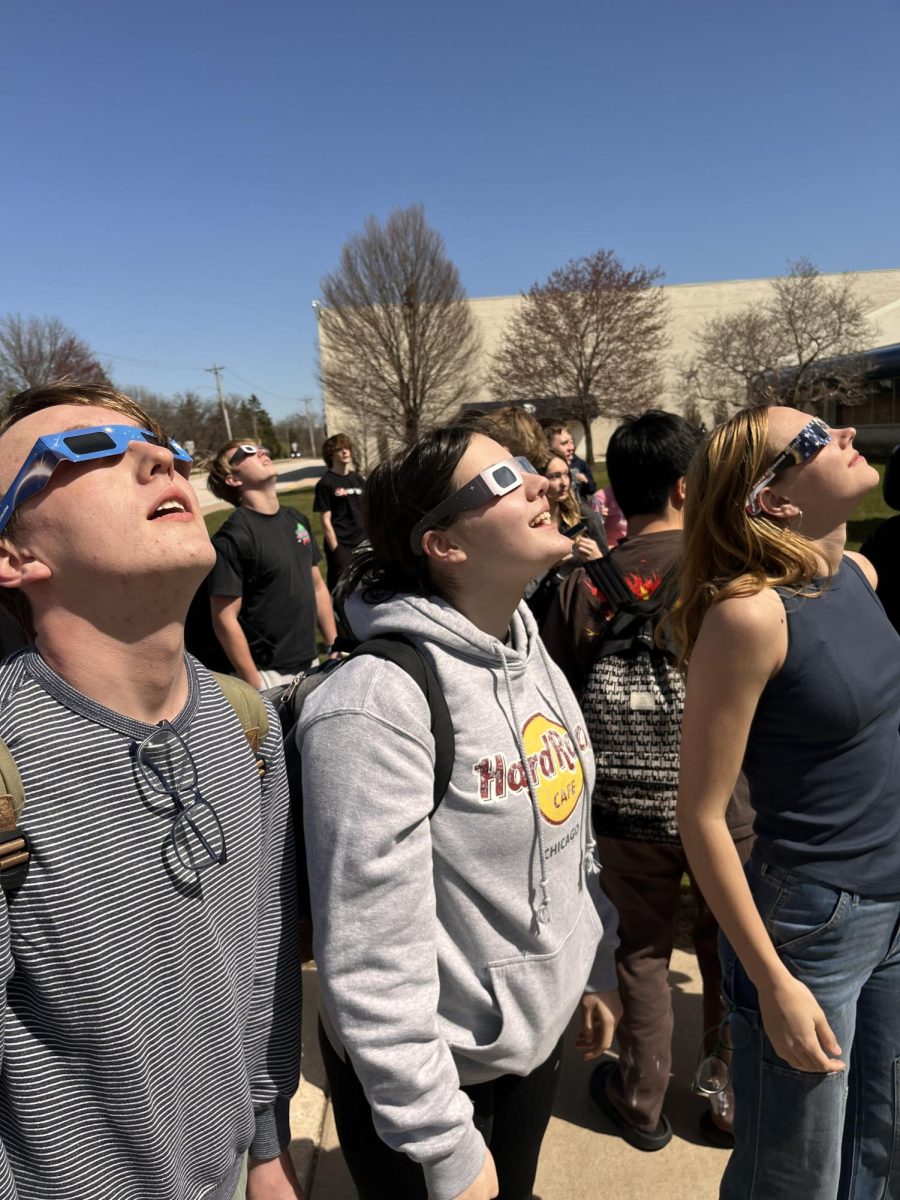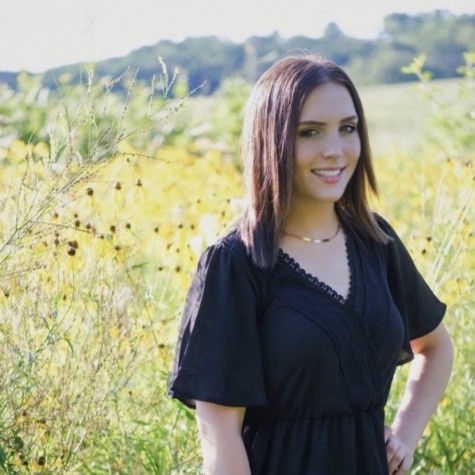As the COVID-19 pandemic has disrupted many facets of peoples’ lives, students and teachers across the globe have been faced with unprecedented circumstances and, as a result, have had to adapt their learning.
At Pleasant Valley, 1,330 students are participating in a hybrid learning model and 230 students are learning 100 percent online.
Junior James McCune transitioned to remote learning after COVID-19. “I was a student with mostly A’s and B’s. Since nothing was worth a grade last quarter, I did the bare minimum to pass my classes. Now, I am all online and earning mostly C’s. I have a lot of bad habits from last quarter and I feel like I really don’t retain or learn that much from online,” McCune said.
Remote learning, as described by McCune, is unstructured, causing concern over the quality of students’ education. The hybrid model provides more structure by sending students to school for instruction on alternating days. However, for many students, this is still not enough structure.
PVHS guidance counselor Valerie Tucker explained how the hybrid schedule is detrimental to students’ education. “It seems like the greatest obstacle to productivity and success is that many students view their remote day or online learning as time off. Even though you aren’t physically here every day, you are still in school,” Tucker said.
Grades reflect students’ levels of knowledge and can potentially affect students’ post-secondary plans. The lack of structure in both remote learning and hybrid schedules has already proven to result in lower G.P.A.s.
Sophomore Lydia Wilson, a Hybrid B student, confirmed this idea. “I still have straight A’s, but I know I’m slipping in Language Arts a lot and I know I wouldn’t [do that] so much in regular school. It’s just hard to pay attention and take anything seriously with the hybrid schedule. I do absolutely nothing on school days that aren’t in-person,” Wilson stated.
Trends help reveal the impact of hybrid and remote learning on students’ education.
Tucker discussed these trends.“The number of students with grades of Ds or Fs is significantly higher than in years past at this same time,” Tucker stated.
Tucker expressed concern over dropout rates potentially increasing. “The worst case scenario is that students will not pass classes and not earn credit toward graduation. I do fear that the dropout rate will increase across the nation,” Tucker said.
Although the education gap has seemingly had solely negative effects, there are possible positives as well.
Tucker discussed the potential future positives of the education gap. “It’s hard to say what future impact this will have, but I think it is teaching us a lot about the importance of organization, being self-directed and doing the hard work required to overcome a very challenging situation,” Tucker explained.
The severity of the education gap can also be affected by economic disparity.
Economic disparity plays a role in students’ access to technology. Without technology, students cannot partake in hybrid and online learning. 16.6 percent of Davenport’s population lives in poverty, 74.5 percent has access to broadband WiFi and 81.9 percent possesses a computer, while 5.9 percent of Bettendorf’s population lives in poverty, 86.9 percent has access to broadband WiFi and 92.3 percent possesses a computer.For
the fourth quarter of the 2019-2020 year, the Davenport Community School District had to “engage students in voluntary continuous learning.” This meant school was optional and did not count towards graduation credit. This was due to the fact that they did not have 100 percent cooperation across the district.
Sadie Kelley, a junior at Central High School in Davenport, Iowa, expressed concerns about the learning plan from last spring. “It was difficult to put in effort since it wasn’t mandatory. Myself and many others often didn’t really care to put in as much effort as we could’ve because we thought ‘what’s the point if it’s not mandatory?’” Kelley stated.
PV, however, has achieved 100 percent cooperation across the district and was able to provide students without technology the necessary resources to participate in online school. As a result, learning is mandatory for grades 9 through 12 and classes counted towards graduation credit. This gave students incentive to complete their work.
Although the effects of students’ disrupted education remain unknown, many students are already experiencing repercussions from the unstructured nature of online learning-only time will tell how learning in the midst of a pandemic will affect students’ futures.








